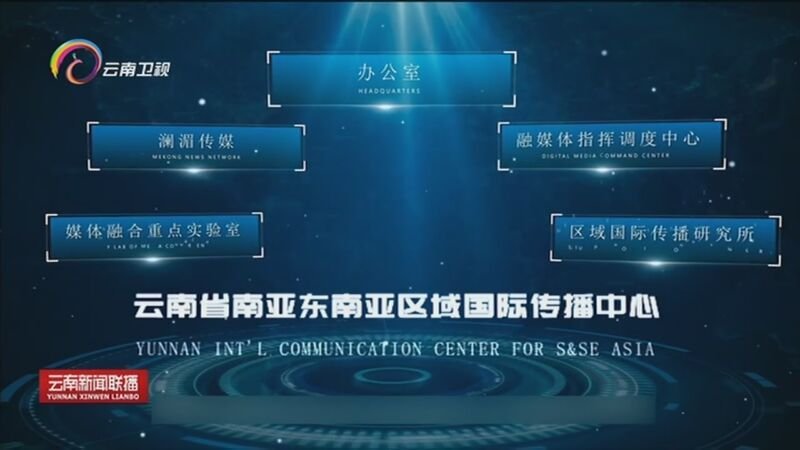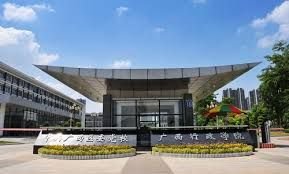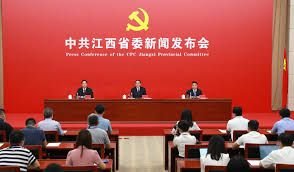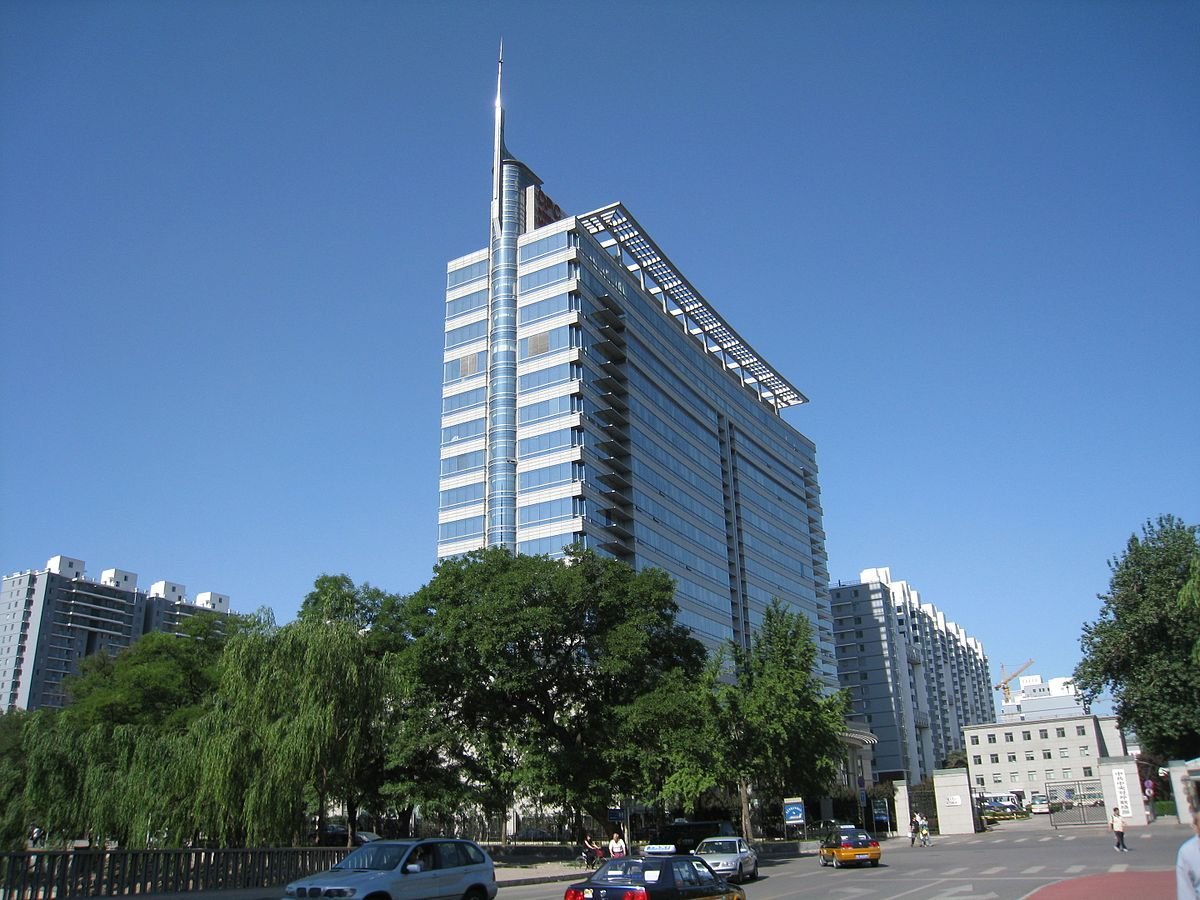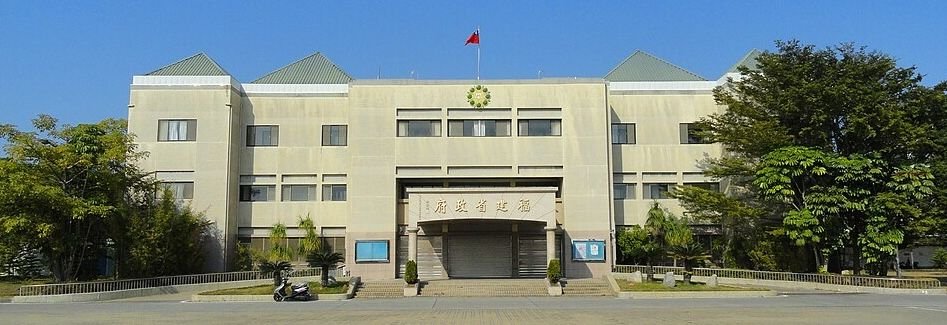Research and Training Institute
The Research and Training Institute (RTI) of China’s National Radio and Television Administration (NRTA) is the largest training institution in China’s radio, television, online media, and audio-visual industry, serving both domestic and overseas professionals. Established in March 2018 as a ministry-level agency controlled by the Chinese Communist Party’s Central Propaganda Department, the NRTA succeeded the State Administration of Press, Publication, Radio, Film and Television and maintains direct control over state broadcasters including China Central Television, China National Radio, and China Radio International. The RTI implements NRTA training programs and international media seminars, organizing sessions for media management, program producers, and technical professionals. In June 2022, the NRTA and Ministry of Culture and Tourism issued a code of conduct for online content creators that banned material “weakening, distorting, or denying the leadership of the CCP.”


